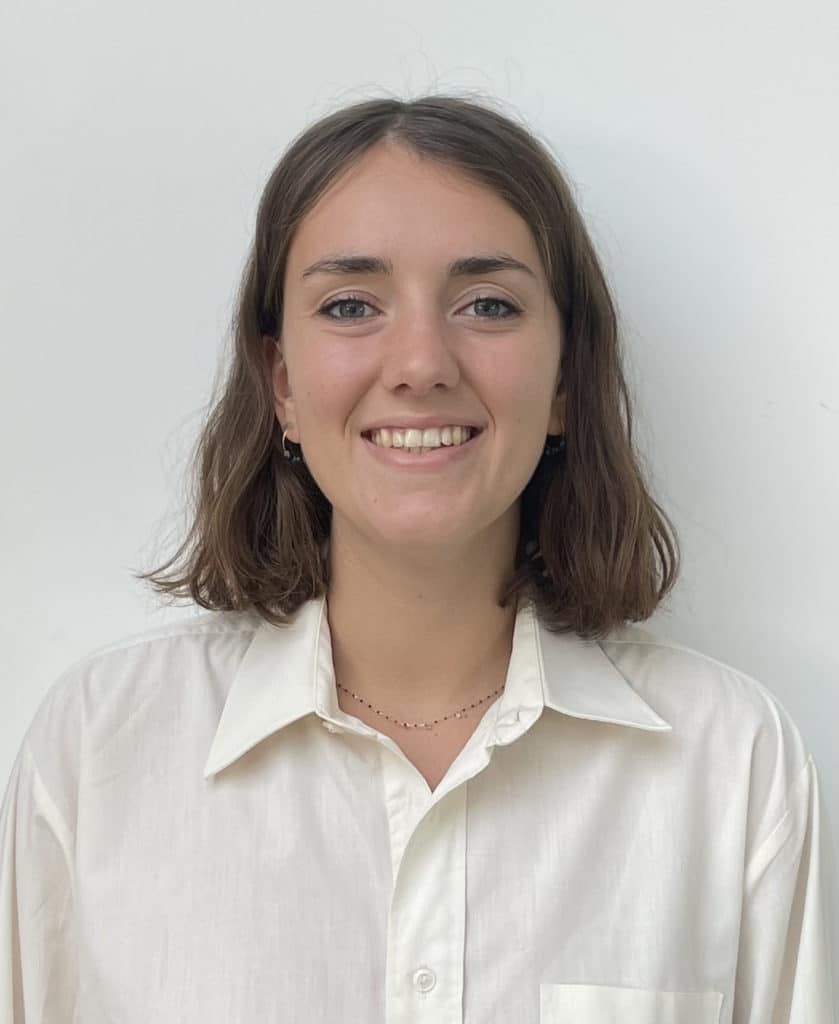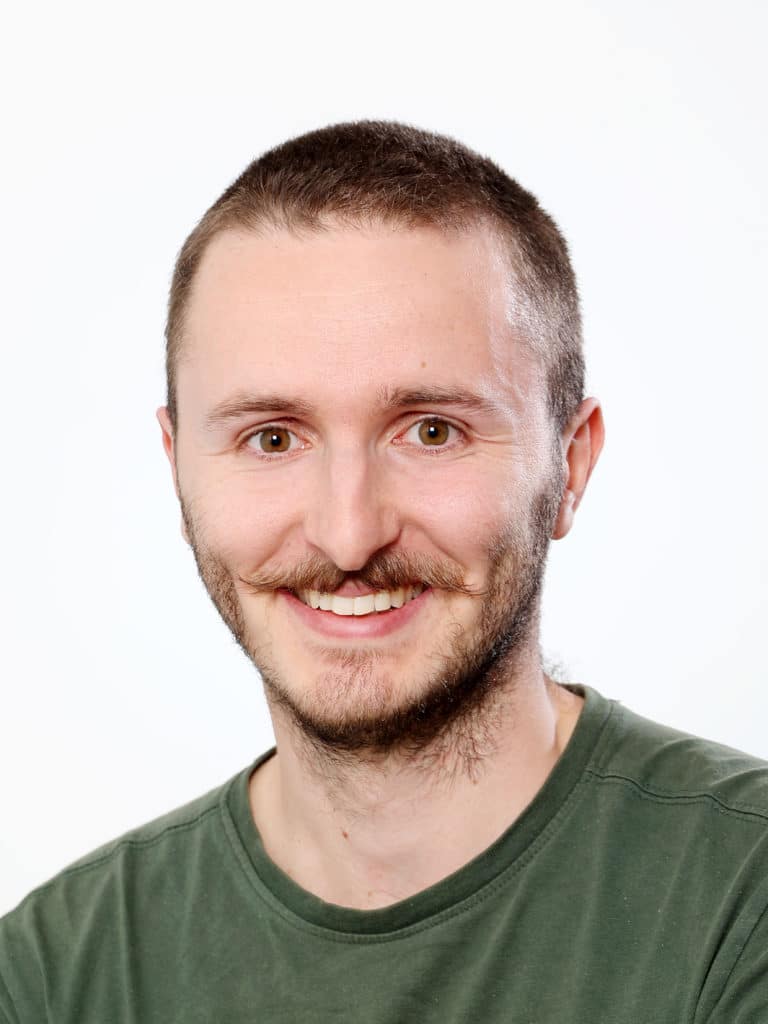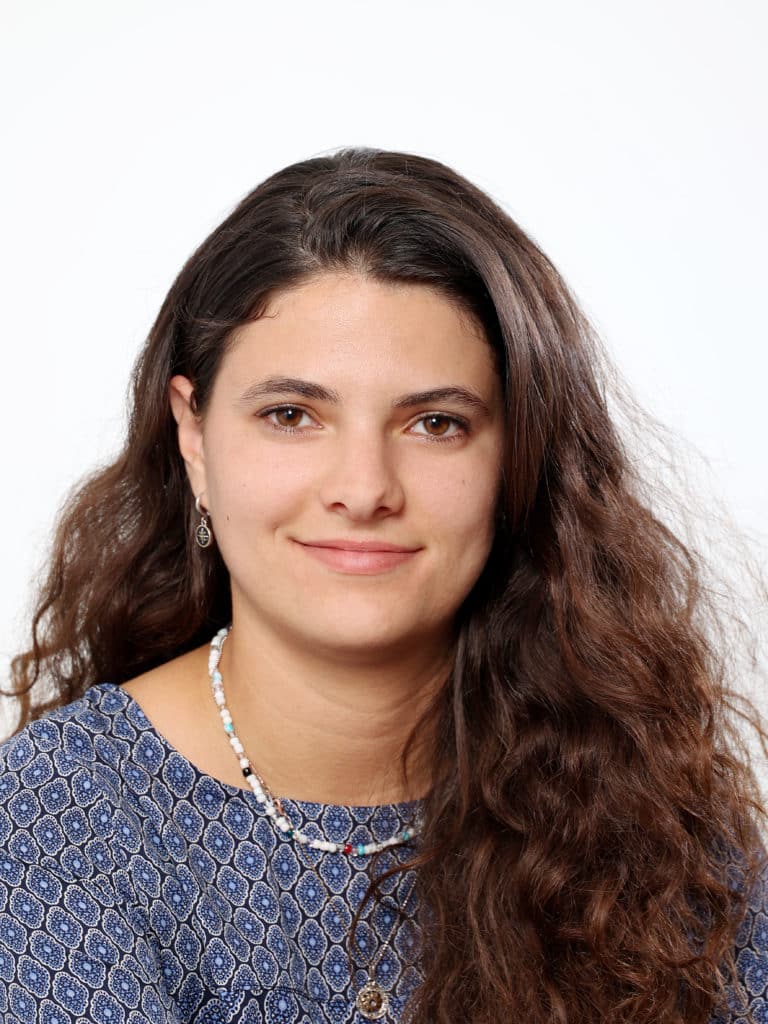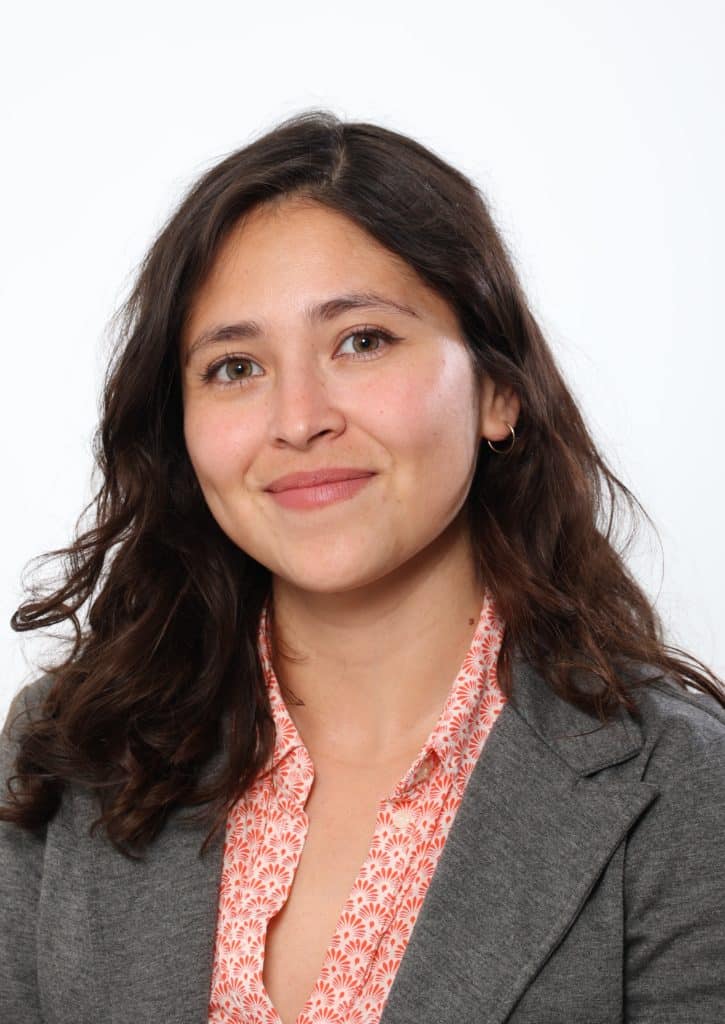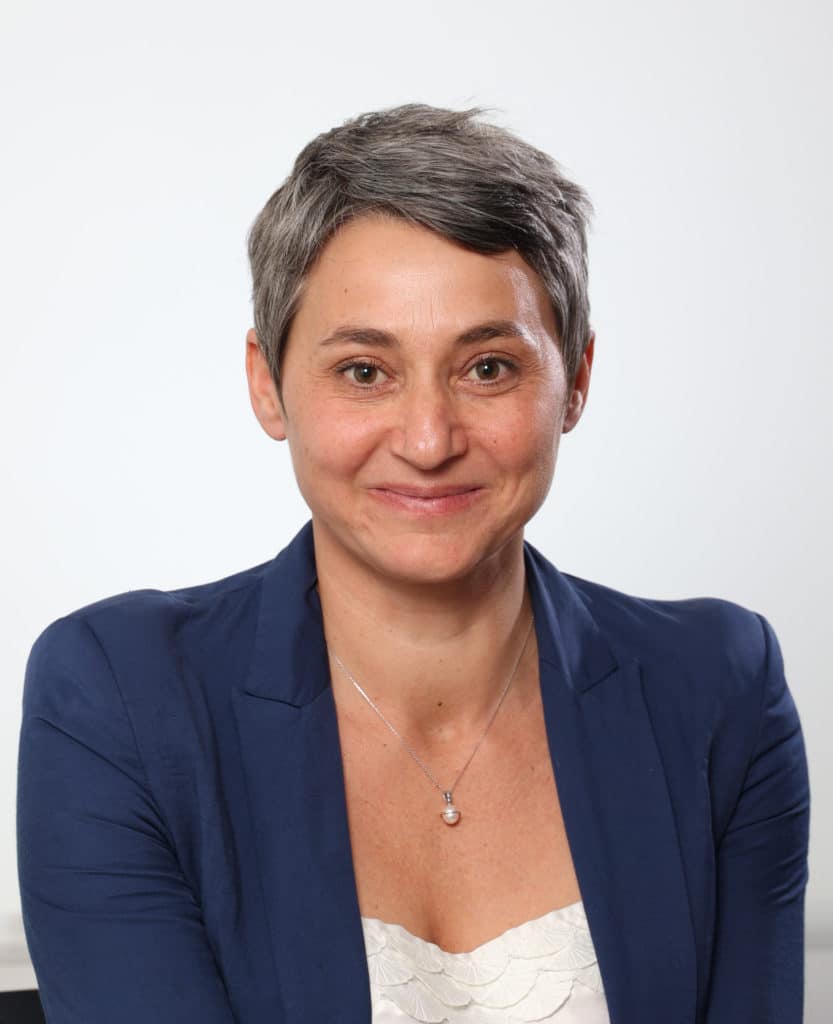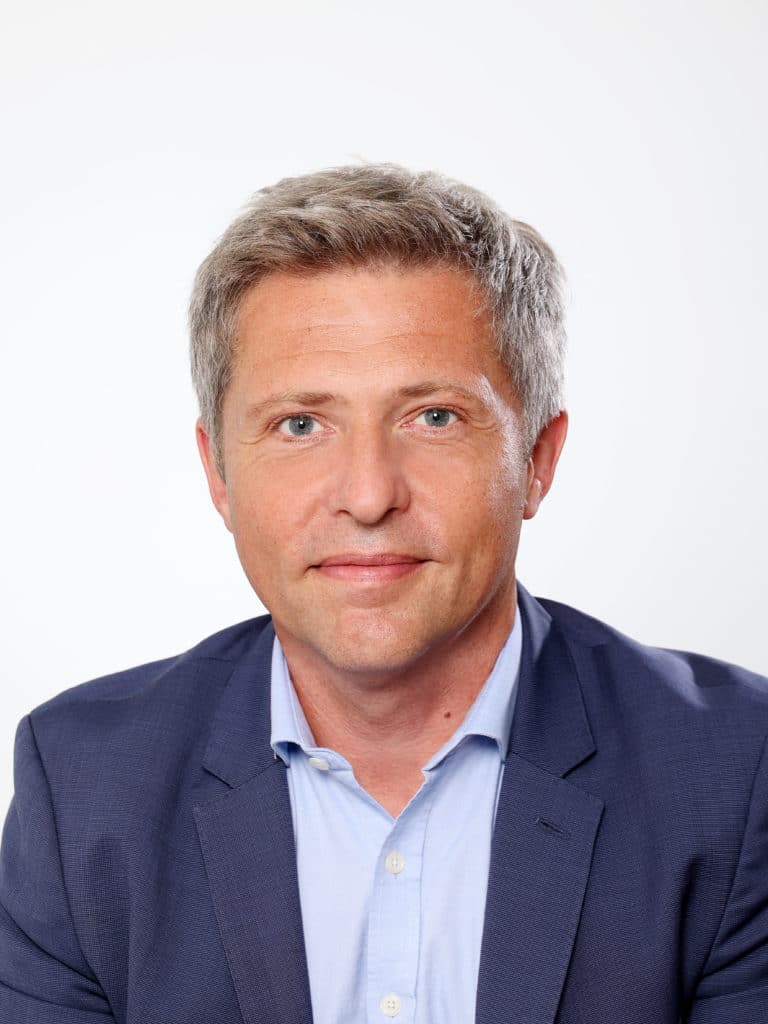France Villes et territoires Durables se réjouit de compter parmi les partenaires de l’Agence Nationale de la Cohésion des Territoires (ANCT) pour le programme Petites Villes de Demain*. Dans ce cadre, l’association a réalisé une formation à destination de l’ensemble des élus et chefs de projets des 1 600 communes engagées dans la démarche.
Sébastien Maire, délégué général de France Villes et territoires Durables, explique tout l’intérêt de ce partenariat : « Il est très important pour l’association, nous sommes en effet devant des enjeux globaux qui concernent 100 % des territoires, et cette formation est l’occasion de diffuser très largement des méthodes, outils et exemples inspirants pour la transition écologique ».
Comment initier la transition écologique du territoire ? Par quoi commencer ? Quels sont les réflexes essentiels ? Diagnostic territorial dynamique prenant en compte les conséquences de l’anthropocène, mobilisation des habitants, renforcement de la place de la nature et de ses fonctions écosystémiques, essor d’une dynamique économique et architecturale résiliente…
Autant d’enjeux pour lesquels nous avons essayé de rassembler des méthodes, outils et exemples de réalisations concrètes, avec le précieux apport et l’expertise du PUCA (Hélène Peskine), de VAL’HOR (Jean-Marc Bouillon) et du CNOA (Valérie Flicoteaux et Alice Caillouel).
Retrouvez le replay du module de la formation :
1) Introduction – Juliette Auricoste (ANCT) & Sébastien Maire (France Villes et territoires Durables)
Sébastien Maire, délégué général de France Villes et territoires Durables, explique tout l’intérêt de ce partenariat avec l’ANCT : « Il est très important pour l’association, nous sommes en effet devant des enjeux globaux qui concernent 100 % des territoires, et cette formation est l’occasion de diffuser très largement des méthodes, outils et exemples inspirants pour la transition écologique ».
2) Les fondamentaux des territoires durables (Sébastien Maire, France Villes et territoires Durables)
3) Méthode et outils pour initier la transition vers des territoires durables (Sébastien Maire, France Villes et territoires Durables)
Etablissez votre diagnostic territorial en prenant en compte la montée des eaux (flood map sur firetree.net) et les projections climatiques (DRIAS, les futurs du climat)
Pilotez votre stratégie de décarbonation (Association Bilan Carbone)
Prévoyez le cycle de vie d’un produit (ACV, Ademe)
Vous référer à la boussole de la résilience pour organiser l’adaptation de votre territoire (Cerema)
Adoptez une politique numérique responsable (Institut du Numérique Responsable)
Autres ressources utiles : Météo France, Centre européen de prévention du risque d’inondation (CEPRI)
4) Au cœur du projet de territoire durable : la participation citoyenne (Hélène Peskine, PUCA)
Découvrez les travaux du PUCA et la plateforme POPSU Territoires consacrée aux petites villes
Référez-vous à l’exemple de politique de mobilités décarbonées de Villers-Semeuse
Intéressez-vous au concept de “zone critique” de Bruno Latour et Jérôme Gaillardet
Découvrez l’exemple de mobilisation citoyenne à Tournus, au profit d’un projet alimentaire durable (ici le film)
et celui de Le Teil sur l’implication des habitants dans la construction d’un récit collectif
Retrouvez enfin la chaîne Youtube du PUCA, sa riche série documentaire et le forum des solutions (et le replay) consacré à la revitalisation des villes moyennes
5) Renforcer la place de la nature dans les petites villes (Jean-Marc Bouillon, Val’hor)
Référez-vous au plaidoyer de Val’hor en faveur de la nature en ville, sur www.citeverte.com
6) Architecture et réhabilitation au service des territoires durables (Valérie Flicoteaux et Alice Caillouel, CNOA)
Pour le diagnostic partagé à Lallaing : MOA : Ville de Lallaing et PNR Scarpe Escaut, Architectes : Simon Delloue, Atelier MA (© Photographe : Simon Delloue)
Pour le auvent de l’école du village d’Evisa : MOA : Mairie d’Evisa, Architectes : Orma Architettura (© Photographes : David Giancatarina et Julien Kerdraon)
Pour la maison du PNR du Gâtinais à Milly-La-Forêt : MOA : Conseil général de l’Essonne, Architectes : Serge Joly & Paul Emmanuel Loiret (© Photographe : Serge Joly)
7) Les rez-de-ville : un levier stratégique (Camille Waintrop-Boyon, France Villes et territoires Durables)
Parcourez la boîte à outil du portail France Villes et territoires Durables pour des territoires sobres et résilients.
* Le programme Petites villes de demain (PVD) vise à améliorer les conditions de vie des habitant.e.s des petits territoires, dans des dynamiques plus respectueuses de l’environnement.
Le programme renforce les moyens à la disposition des élus des petites villes jusqu’à 2026, notamment avec des financements et la possibilité de recruter des chefs de projets.

